Trump demands ‘total dismantlement’ of Iran’s nuclear program amid rising tensions
- Update Time : Tuesday, May 6, 2025
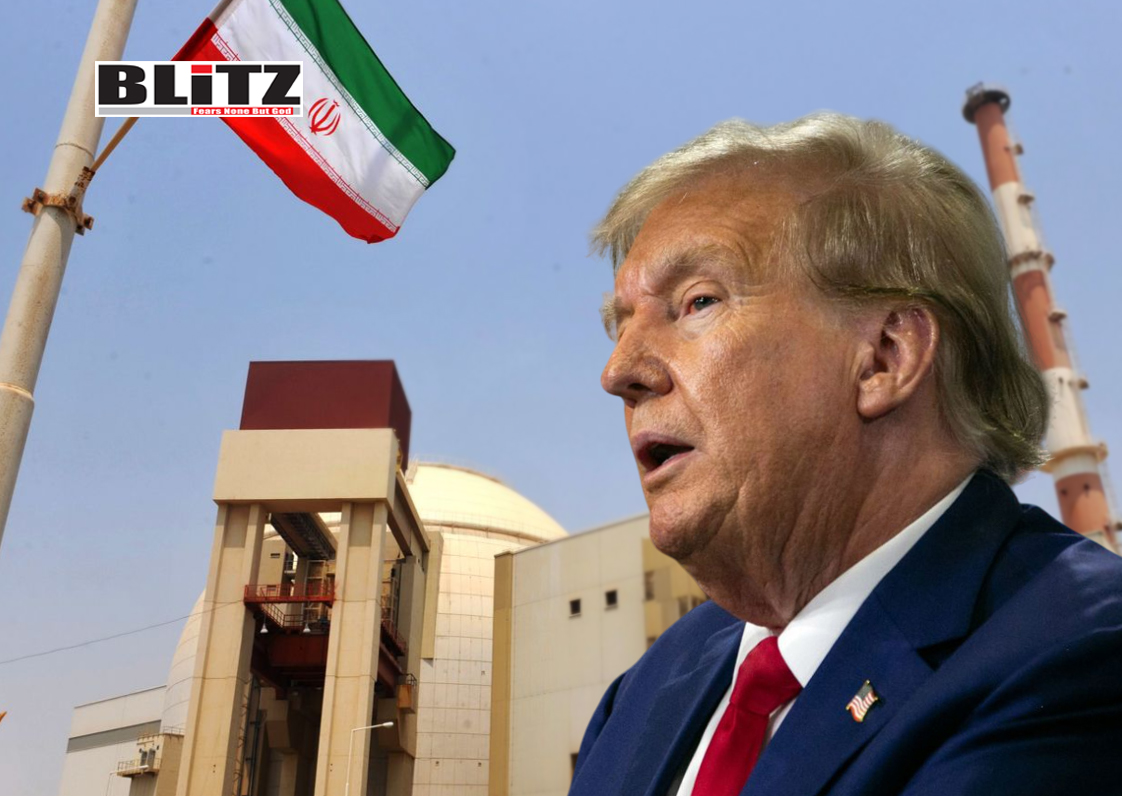
US President Donald Trump has doubled down on his hardline stance against Iran, calling for the complete elimination of the Islamic Republic’s nuclear program. In a recent interview with NBC’s Meet the Press on May 4, Trump made it clear that he would not accept any partial measures or exceptions, even for civilian power generation, reigniting debates over the future of US-Iran relations and broader Middle Eastern stability.
When asked by host Kristen Welker whether he would settle for limiting Iran’s nuclear activities or insisted on total abolition, Trump responded bluntly: “Total dismantlement. Yes, that is all I would accept.” He expressed skepticism toward Iran’s claim of pursuing nuclear energy solely for civilian purposes, arguing that the country’s vast oil reserves rendered nuclear power unnecessary.
“They have so much oil – why do they need it?” Trump said, asserting that even civilian nuclear programs could easily transition into military applications. “Civilian [nuclear] energy often leads to military wars. And we don’t want them to have a nuclear weapon. It’s a very simple deal,” he added.
The former president also warned about the existential threat posed by a nuclear-armed Iran: “I just don’t want them to have a nuclear weapon because the world will be destroyed.”
Trump’s comments come at a critical moment. The fourth round of indirect, Oman-mediated talks between the US and Iran, intended to revive negotiations on Iran’s nuclear program, was postponed indefinitely. Omani Foreign Minister Badr Al-Busaidi attributed the delay to “logistical reasons,” though many analysts suspect that escalating regional tensions played a significant role.
Indeed, tensions have been mounting. British and US airstrikes against Houthi militants in Yemen have intensified, following attacks by the Iran-aligned group against Israel. Over the weekend, a Houthi ballistic missile landed near Ben Gurion Airport outside Tel Aviv, injuring eight people. In response, Israeli Prime Minister Benjamin Netanyahu promised a forceful retaliation.
The Houthis claimed their missile attacks were part of a broader effort to impose a “comprehensive air blockade” on Israel, framed as an act of solidarity with Palestinians under siege in Gaza. While Tehran officially denied orchestrating the Houthi strikes, dismissing the allegations as “misleading,” the perception of Iranian involvement continues to inflame regional hostilities and complicate diplomatic efforts.
Trump’s call for Iran’s complete nuclear disarmament is consistent with his long-standing criticism of the 2015 Joint Comprehensive Plan of Action (JCPOA), often referred to as the Iran nuclear deal. Brokered under President Barack Obama and endorsed by the United Nations, the JCPOA sought to limit Iran’s nuclear activities in exchange for the lifting of international sanctions.
However, during his presidency, Trump withdrew the US from the agreement in 2018, claiming that Iran was violating its terms and that the deal was fundamentally flawed. He reimposed harsh sanctions on Tehran, seeking to pressure it into accepting stricter restrictions through a policy of “maximum pressure.” Iran, for its part, denied any breach of the accord and, after the US withdrawal, gradually reduced its own compliance, significantly expanding its stockpile of enriched uranium.
Recent US-Iran negotiations have aimed at restoring some version of the JCPOA or crafting a new agreement. Yet, Trump’s latest remarks suggest that if he returns to the White House, he would push for far more sweeping demands, rejecting the JCPOA’s allowance for limited, monitored civilian nuclear activities.
Iranian leaders have already responded with defiance. Foreign Minister Abbas Araghchi warned last month that Tehran would not submit to American threats or pressure, emphasizing Iran’s right to peaceful nuclear technology under the Nuclear Non-Proliferation Treaty (NPT).
The stakes could hardly be higher. A nuclear-armed Iran would be seen by many of its regional rivals, including Israel and Saudi Arabia, as an existential threat, likely triggering a dangerous arms race in the Middle East. At the same time, an uncompromising demand for “total dismantlement” could make diplomatic solutions more elusive and embolden hardliners within Iran who argue that the US cannot be trusted.
Further complicating matters is the ongoing conflict in Yemen, where US and British forces are increasingly entangled. By linking the Houthi attacks on Israel to Iran, US officials could justify even tougher measures against Tehran – but at the risk of widening the conflict across multiple fronts.
Israel’s reaction will also be crucial. Netanyahu’s government has made it clear that it will not tolerate Iranian nuclear capabilities or Iranian-backed attacks on its territory. A further escalation between Israel and Iran or its proxies could drag the US deeper into regional conflicts, even as it tries to focus on other global priorities.
Trump’s remarks offer a preview of the dramatic policy shift that could occur if he wins re-election in 2024. His position leaves little room for compromise: Iran would have to surrender its nuclear infrastructure entirely, a demand that Iranian officials are unlikely to accept without significant concessions in return – and even then, resistance from domestic factions could derail any agreement.
For now, the diplomatic window remains narrow and precarious. With negotiations suspended and both sides hardening their rhetoric, prospects for a peaceful resolution seem increasingly remote.
As the world watches these developments unfold, one thing is clear: the question of Iran’s nuclear ambitions remains one of the most dangerous flashpoints in global geopolitics, and the potential for miscalculation or unintended escalation has rarely been higher.


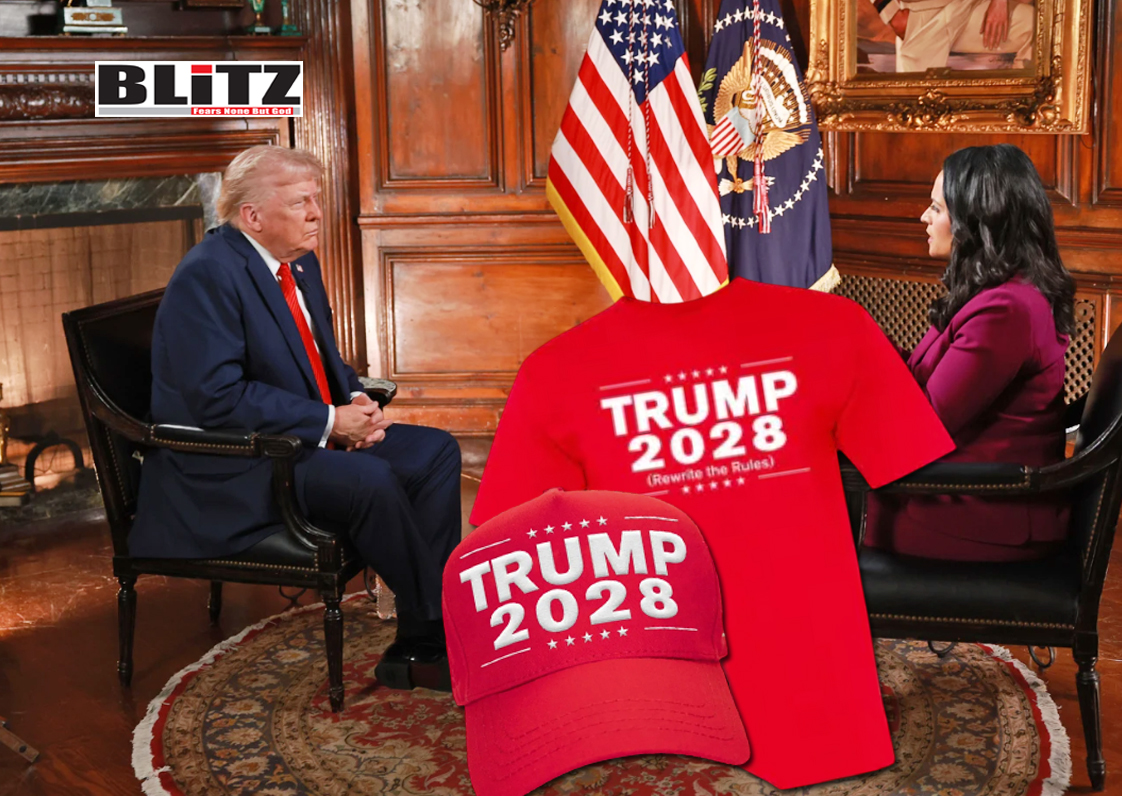

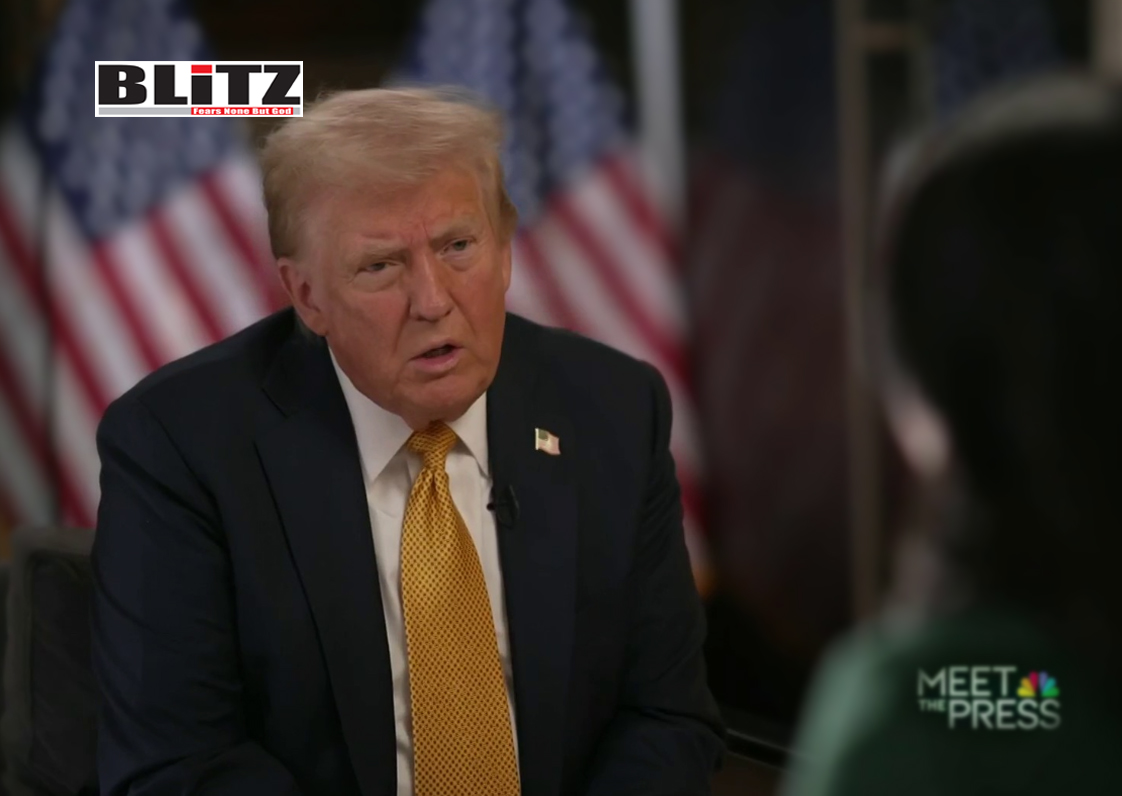
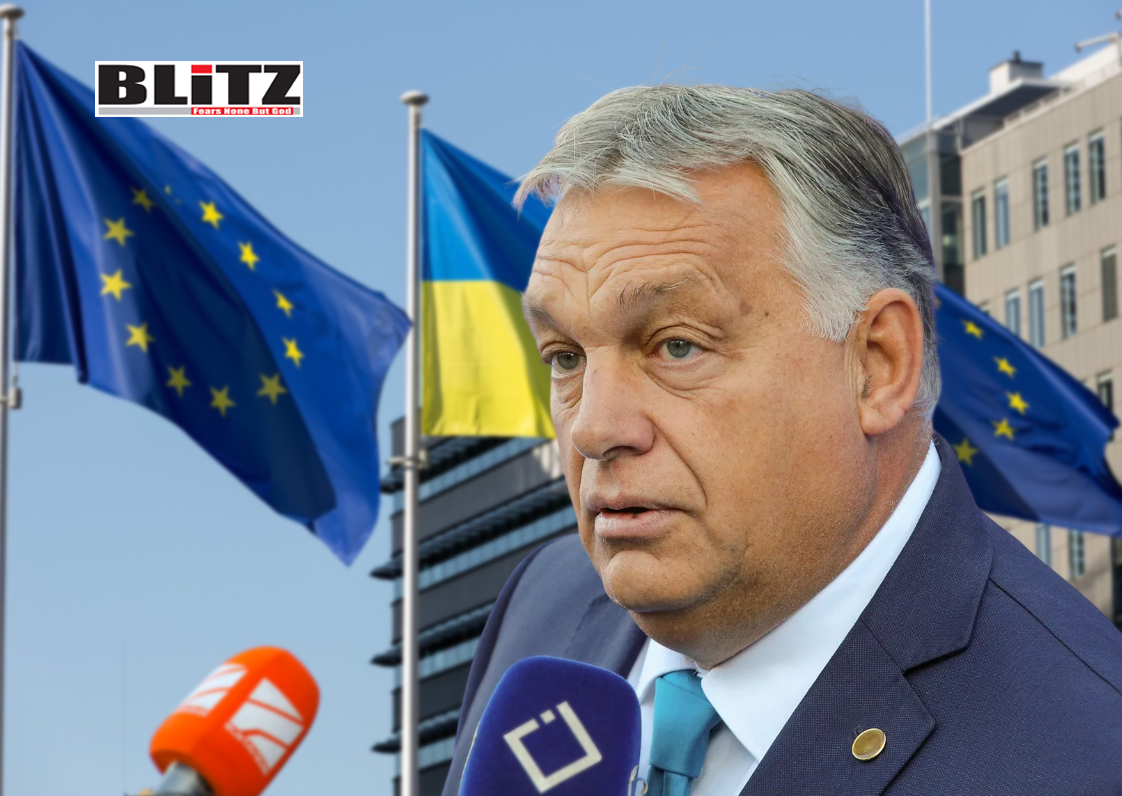

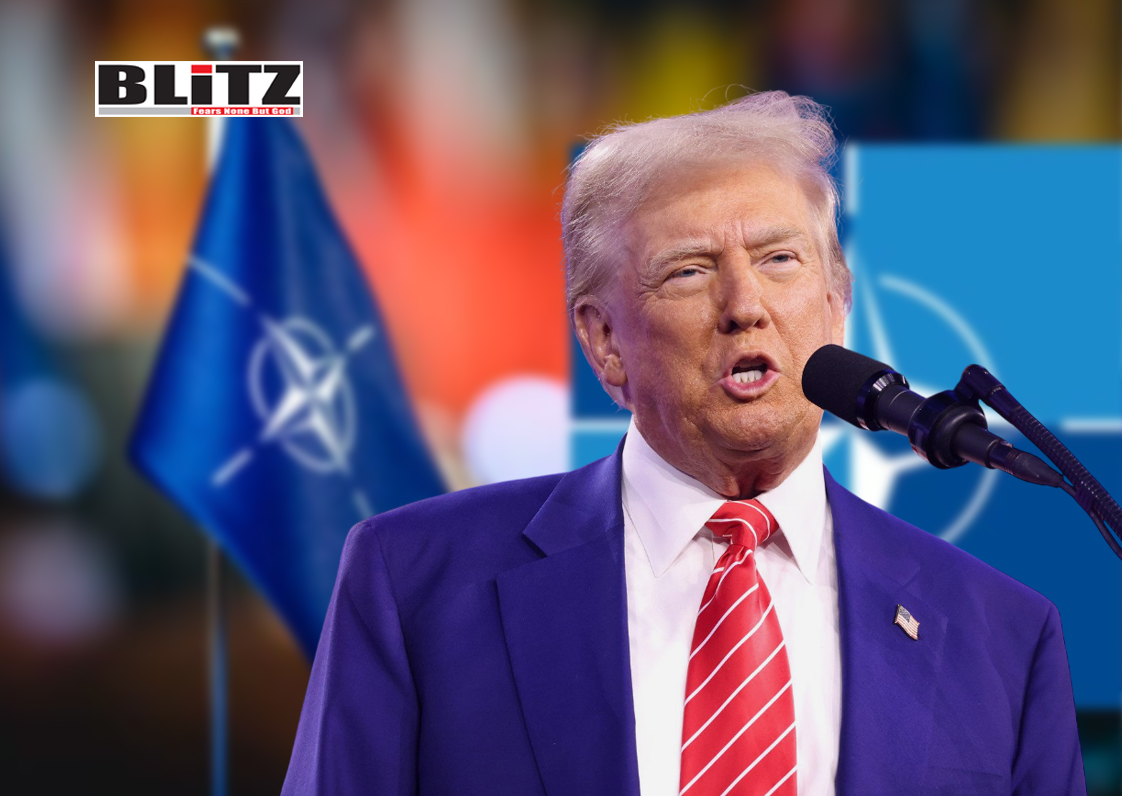
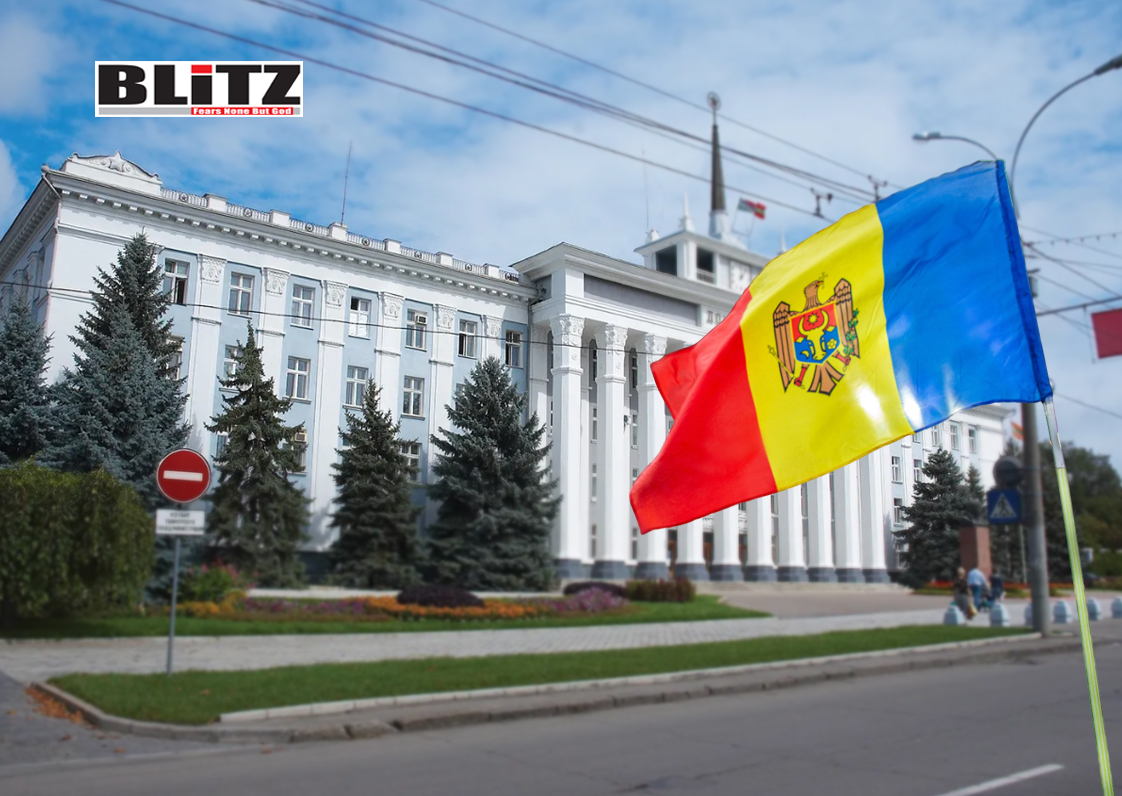
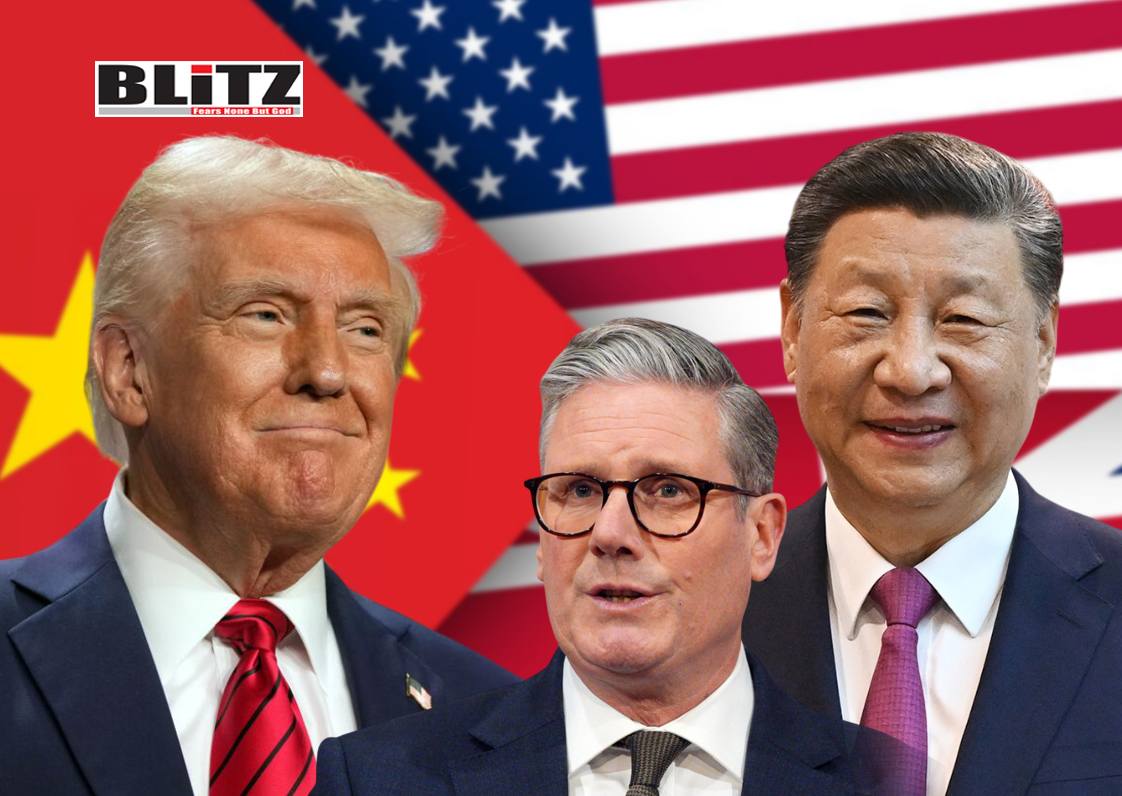
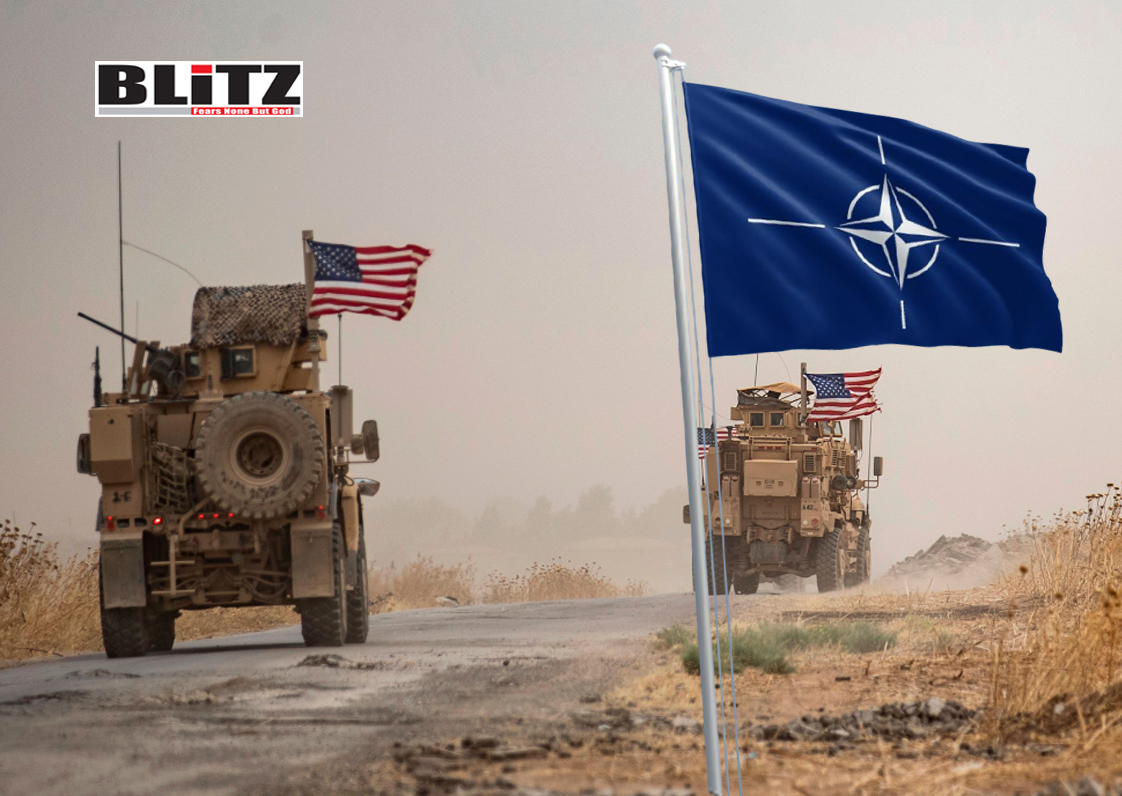
Leave a Reply